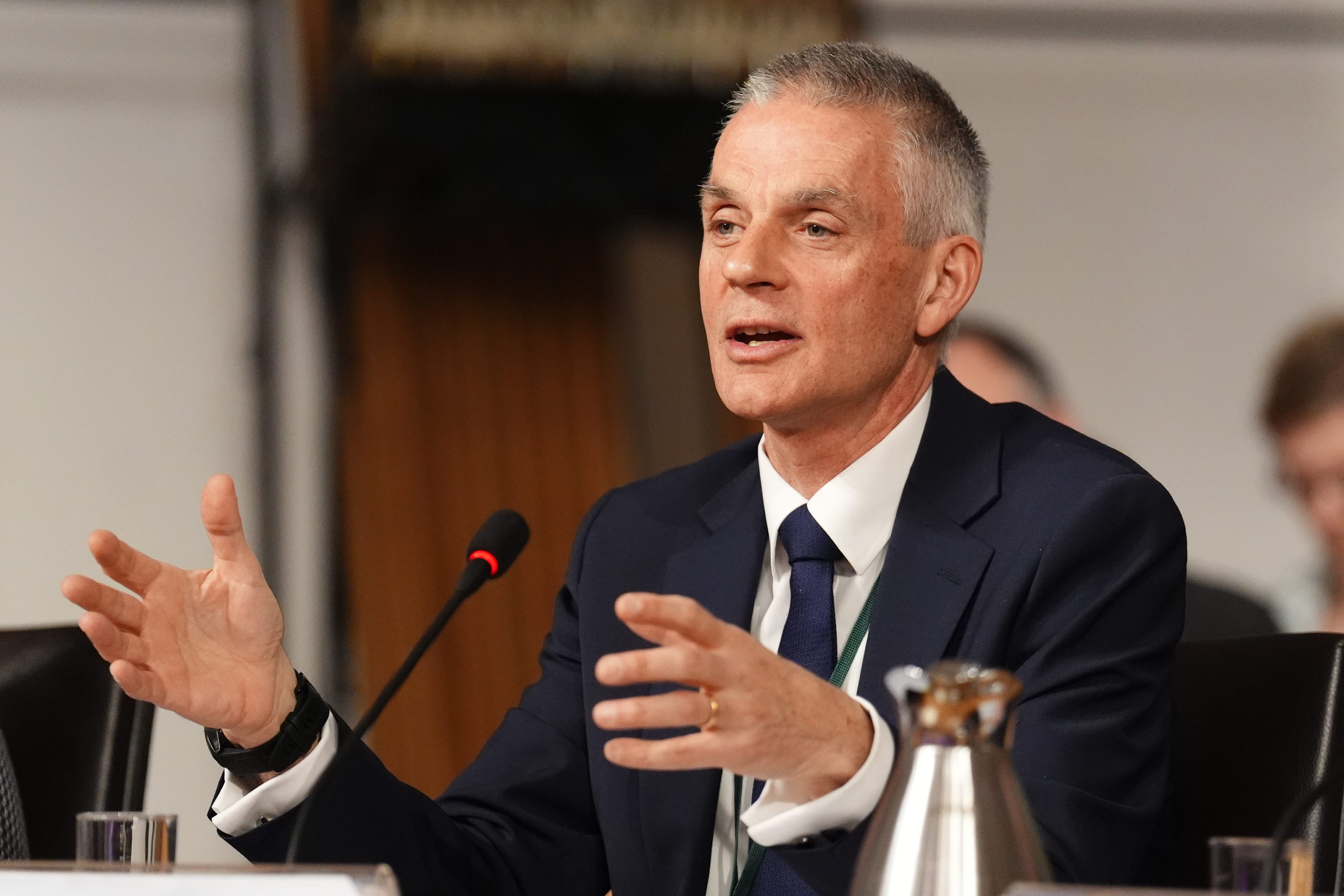The BBC has been found to have breached its editorial guidelines on accuracy after failing to disclose that the narrator of a documentary about Gaza was the son of a Hamas official.
The programme, Gaza: How to Survive a Warzone, was pulled from BBC iPlayer in February following revelations that the child narrator, Abdullah, is the son of Ayman Alyazouri, who served as Hamas’s deputy minister of agriculture.
An independent review, led by Peter Johnston, the director of editorial complaints and reviews, concluded the programme violated accuracy standards for “failing to disclose information about the child narrator’s father’s position within the Hamas-run government”.
However, Mr Johnston’s review found no other breaches of editorial guidelines, including those related to impartiality. It also determined there was no evidence that outside interests “inappropriately impacted on the programme”.
The report said that “careful consideration of the requirements of due impartiality was undertaken in this project, given the highly contested nature of the subject matter”.
Gaza: How to Survive a Warzone, which also aired on BBC Two, was made for the BBC by independent production company Hoyo Films.
The detail of the background information regarding the narrator’s father is deemed as “critical information”, which the report says was not shared with the BBC before broadcast.
The BBC said the report finds that Hoyo Films did not “intentionally” mislead the BBC about the position of the narrator’s father, but says the independent production company “bears most responsibility for this failure”.
However, it further adds that the BBC also “bears some responsibility”.
The BBC’s director general, Tim Davie, said: “Peter Johnston’s report identifies a significant failing in relation to accuracy in this documentary. I thank him for his thorough work, and I am sorry for this failing.
“We will now take action on two fronts – fair, clear and appropriate actions to ensure proper accountability and the immediate implementation of steps to prevent such errors being repeated.”

The BBC board said: “Nothing is more important than trust and transparency in our journalism. We welcome the actions the executive are taking to avoid this failing being repeated in the future.”
Hoyo Films said in a statement that they take the report findings “extremely seriously” and “apologise for the mistake that resulted in a breach of the [BBC] editorial guidelines”.
They added: “We are pleased that the report found that there was no evidence of inappropriate influence on the content of the documentary from any third party.
“We appreciate the rigorous nature of this investigation, and its findings that Hoyo Films did not intentionally mislead the BBC, that there were no other breaches of the editorial guidelines in the programme, and that there was no evidence to suggest that the programme funds were spent other than for reasonable, production-related purposes.”
Hoyo Films said it welcomes the report’s recommendations and hopes they will improve processes and prevent similar problems in the future.
“We are working closely with the BBC to see if we can find an appropriate way to bring back to iPlayer the stories of those featured in the programme.
“Our team in Gaza risked their lives to document the devastating impact of war on children.
“Gaza: How to Survive a Warzone remains a vital account, and our contributors – who have no say in the conflict – deserve to have their voices heard.”
A review finds a BBC Gaza documentary breached editorial guidelines
Employee-owned Post Office model ‘unlikely to be considered until 2030’
What did the review of the BBC Gaza documentary find?
‘Just over half’ of allegations against Gregg Wallace substantiated, report says
Southend plane crash latest: Four killed in fireball explosion on runway
Excavation to begin at Irish mother and baby home where 796 infants died







